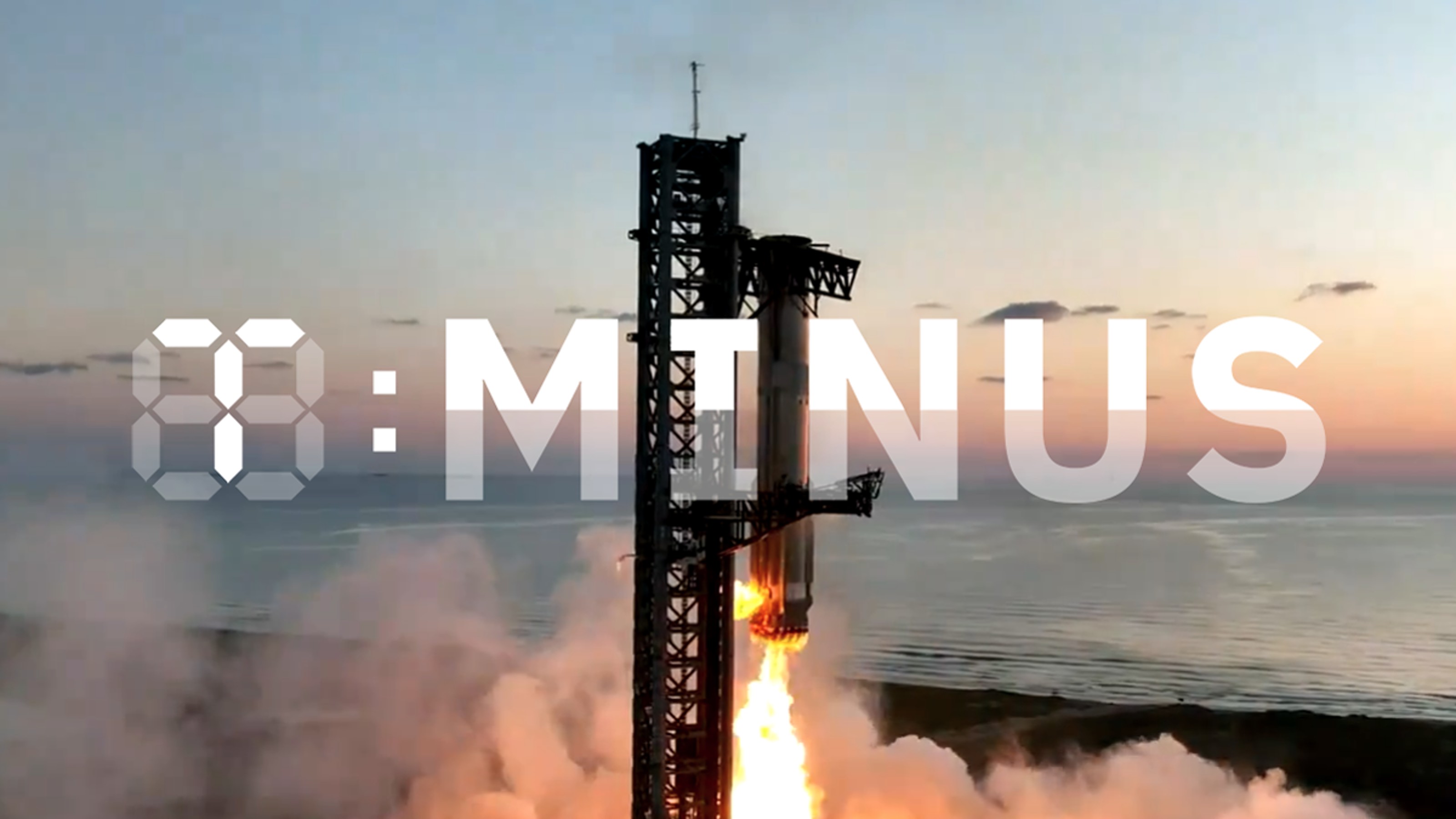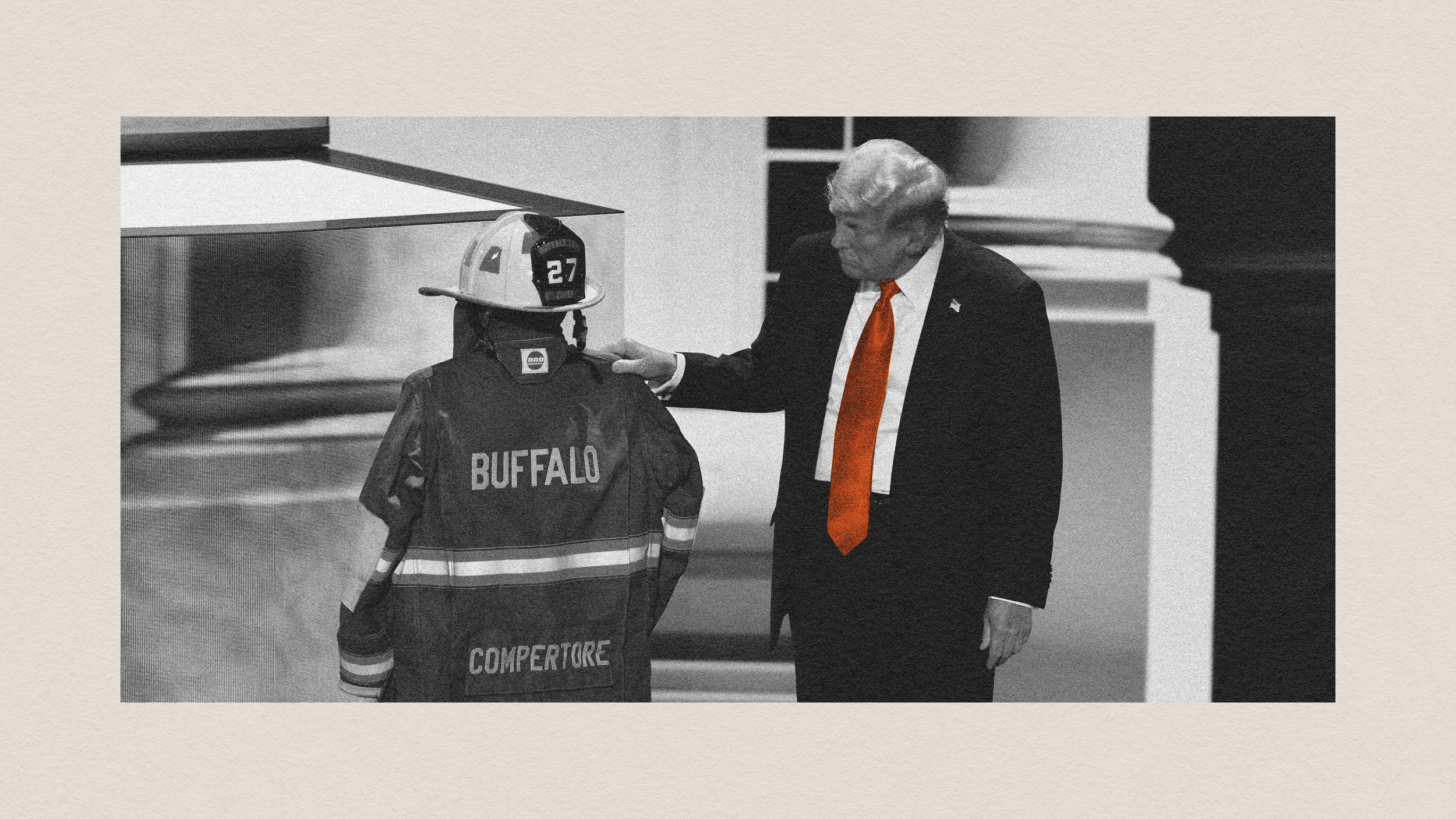Kocher talks about being injured in 2004.
Question: How do you prepare to shoot people and be shot at?
Eric Kocher: With us, I don’t think we... most military don’t look at it that way. We don’t calculate that I might not come home. That’s like a factor that’s never calculated into our decision making process. Our biggest thing is we might let the guy down next to us. So for us it’s our training to kind of go over there and execute our mission. That’s our biggest thing, and the Marine Corp pushes that mission accomplishment, mission accomplishment and troop welfare, and I think with that mindset we go in, we’re already pretty prepared for what’s going to go on. You know, for me engaging the enemy or anything, I always kind of thought I was doing what I was trained to do, and I kind of separated emotion from it, and I’ve gotten better at it over the years. Every deployment I went back, I understood that emotion is only weakness over here. For me, I must think objectively. I don’t... General Mattis always has a phrase, “No better friend. No worse enemy,” and I think it’s like the best thing, ‘cause really it’s- it kind of explains what the fighting man has to kind of do over there, but it’s very hard. It’s hard to go over there without emotion. You know, after one of your friends gets hit by a roadside bomb, it’s hard not to be pissed, but the truth is you gotta realize hey this is the nature of the beast. I gotta drive on. I’m not going to take it out on other Iraqis that aren’t involved.
Question: How did you get injured?
Eric Kocher: I got hit by a Rockefeller grenade, on April 7th, 2004 in that initial push going into Fallujah. For me, we got slammed going into an ambush, and we were the point vehicle. It actually blew off my assistant team leader- both his hands, Eddie Wright. It broke my arm, blew off my trigger finger, and it wounded everyone else in my vehicle. What we did we pushed out of the kill zone and actually got stuck in a secondary kill zone where we were surrounded by about 26 guys, and we had to do medical aid to ourselves. I put a tourniquet on, and one of my young lance corporals, Lance Corporal Maison actually tourniquetted up Eddie, but for us, It’s actually kind of funny. It’s that Marine Corp humor that you see throughout the series. Eddie rides in the back seat cracking jokes, and the guy has no hands, and for me it’s like com breeds com. So I’m like, “Shit. If this guys laughing about this, you know, how can I be worried? I’m definitely not as bad as he is.” And he actually made a bad situation kind of somewhat entertaining, and then we just went back, and we just executed what we trained for, ‘cause in high levels of stress you always resort back to your last highest level of training. For me, this was my third combat tour. So it wasn’t like I was worried. I just kind of... everything was muscle memory. I did what we had to do to survive it. We got back out of the kill zone, and probably about an hour and a half- two hours later, we were medivacced back out of there.
Question: Why go back after being blown up once?
I always kind of promised that I was going to make things right for Eddie. I was kind of...you know, after seeing him in the hospital, it actually brought me to tears seeing him in the ICU.
Question: What did you mean by "make it right for Eddie"?
Eric Kocher: It’s hard to say. I don’t want to just say I want to go kill a bunch of people to get back, you know, revenge, because then again that’s kind of using my emotion part, but I wanted to make it feel like that we were wounded that day for something, you know. It wasn’t for nothing. I wanted to get back there and try and fix the problems Iraq had, and if that meant fight, it meant fight. If that meant fixing infrastructure or work with the local Iraqis. Do whatever I can, whatever’s in my power to make that place better, and I learned a lot, because my fourth and fifth tours were totally different than what you see in Generation Kill. A lot of what I did is actually live with Iraqi’s with a 24-man platoon. We created kind of an atmosphere where they could be safe where they’re around. We learned off them. We learned everything form how to cook their flat bread, their hobas [ph?}, to how to hook up Italian porn on their TV’s to teaching them how to patrol. You know, and working with these people closely and trying to get rid of everything from the criminal element that’s like running loose in Iraq to work with the terrorists and other elements that are there, ‘cause it’s very complex, and I learned so much more my fourth and fifth tour than I could ever imagine. I mean, I kind of look back at my first multiple tours, and it’s like, “Wow.” If I knew what I knew now, you know, we could have done such a better job back then.
Recorded on: 7/17/08





